
“It was impressive to see the collaboration from all the students around the world. We were all there for something super nerdy and niche, and we’re all sharing information with each other.”
Erica Sampaga knows how ironic it is that her MATE team often struggled to access pools to test their ROV, given that they were in Hawaii. Despite being surrounded by water, they faced a lot of barriers—but Erica persevered.
That tenacious spirit is what landed her the Ranger MVP award at the 2010 World Championship in Hawaii. But years before that, she was just a middle schooler interested in robots. MATE was the only robotics program her school offered, so at the encouragement of her teacher, she joined up.
Her team had limited options for pool access. Local schools with pools wouldn’t host them since they weren’t students, and public pools don’t take kindly to teenagers throwing a robot in the deep end during free swim. Eventually, though, Erica found several loopholes—including getting lifeguard-certified and setting up the team as a non-profit—that helped them get the water time they needed.
So when she says her number one piece of advice is to get as much pool time as you can before the competition, she means it. While her team may not have been able to travel to many competitions because of the distance, they were ecstatic when the World Championship came to Hawaii. Erica says it’s mostly a haze due to sleep deprivation, but she remembers being in awe of the grand scale of it all.
“It was impressive to see the collaboration from all the students around the world,” she said. “We were all there for something super nerdy and niche, and we’re all sharing information with each other.”
Erica made the jump to the mainland for college to study oceanography at the University of Washington—a branch of science she didn’t even know existed before MATE. Another twist of irony? She gets seasick on boats. After working as a survey tech for several years, she continued her education at Johns Hopkins University, earning her MS in environmental science and policy with a GIS certificate.
Now she works as a tender engineer at Sulmara, a hydrographic survey company, and puts all those organizational and budgeting skills she first learned through MATE to work every day.

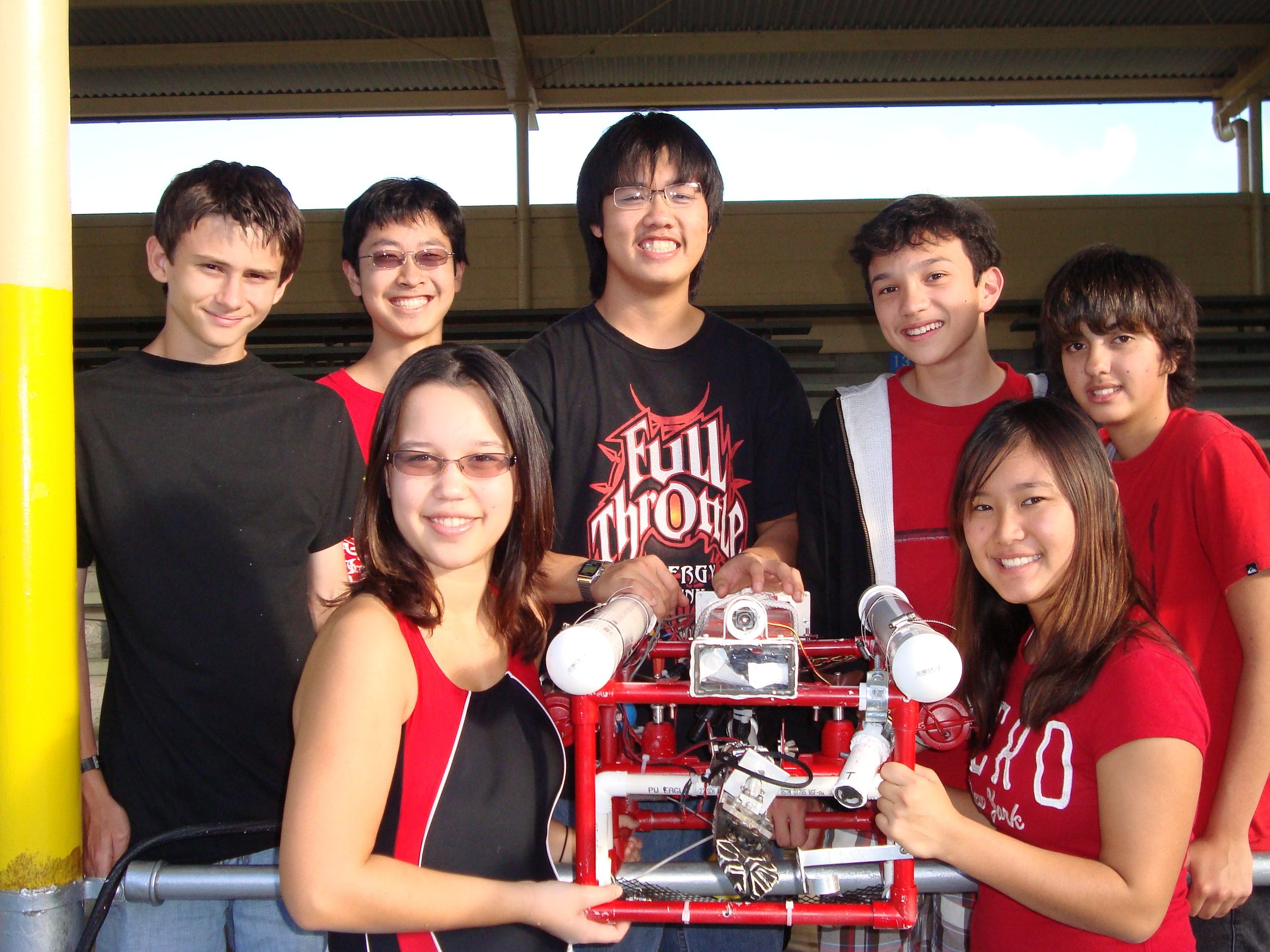
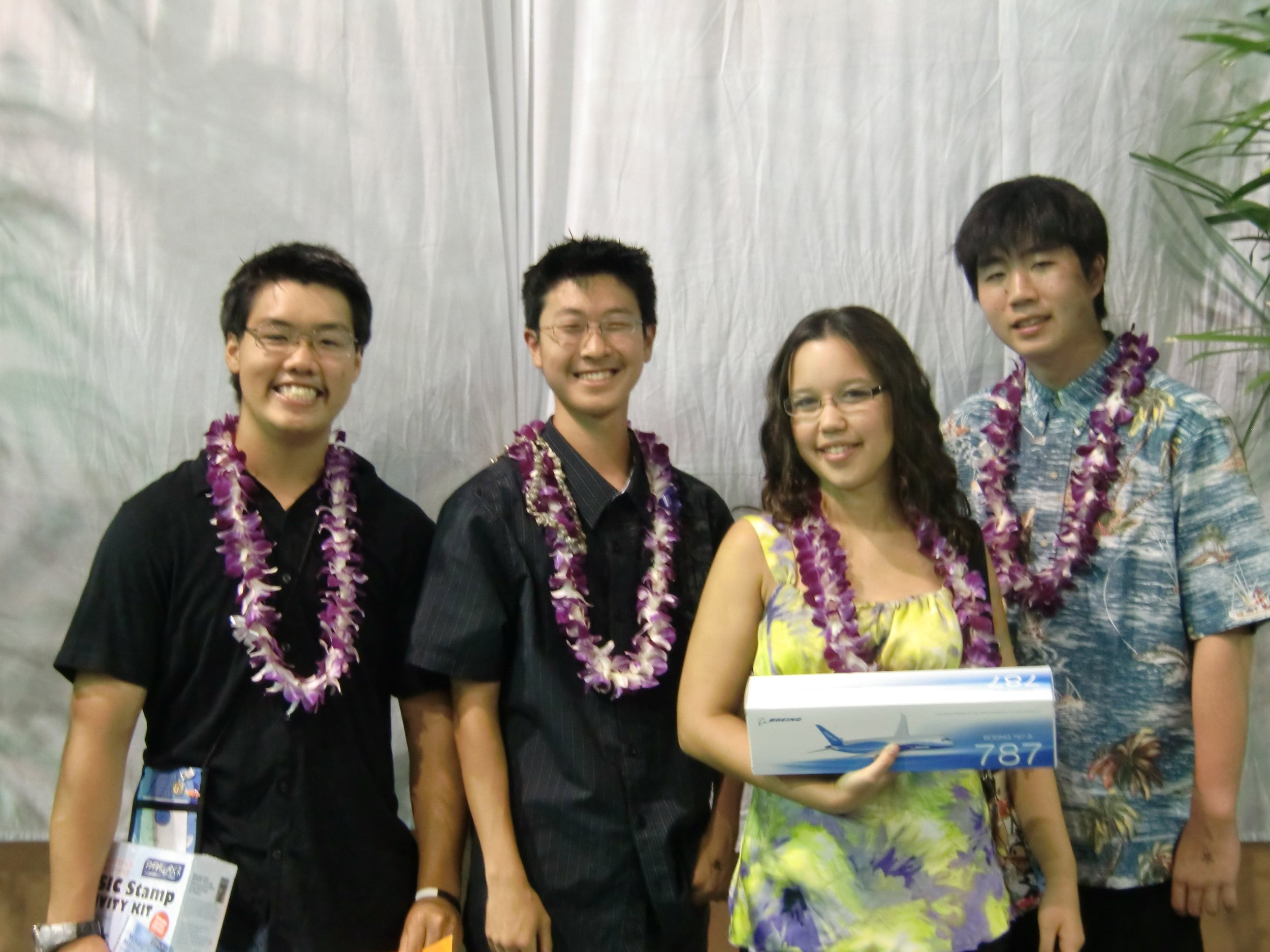
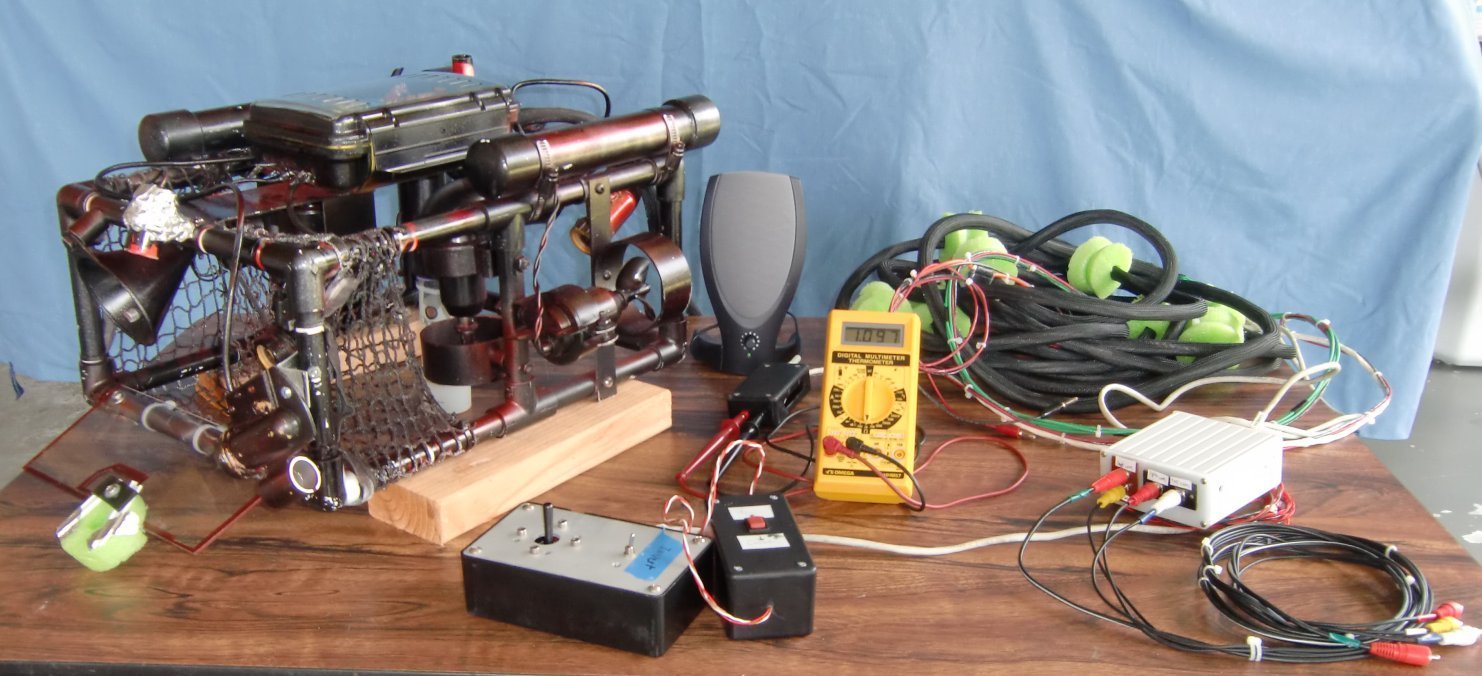
.jpg?width=2500&name=2011+International+(2).jpg)
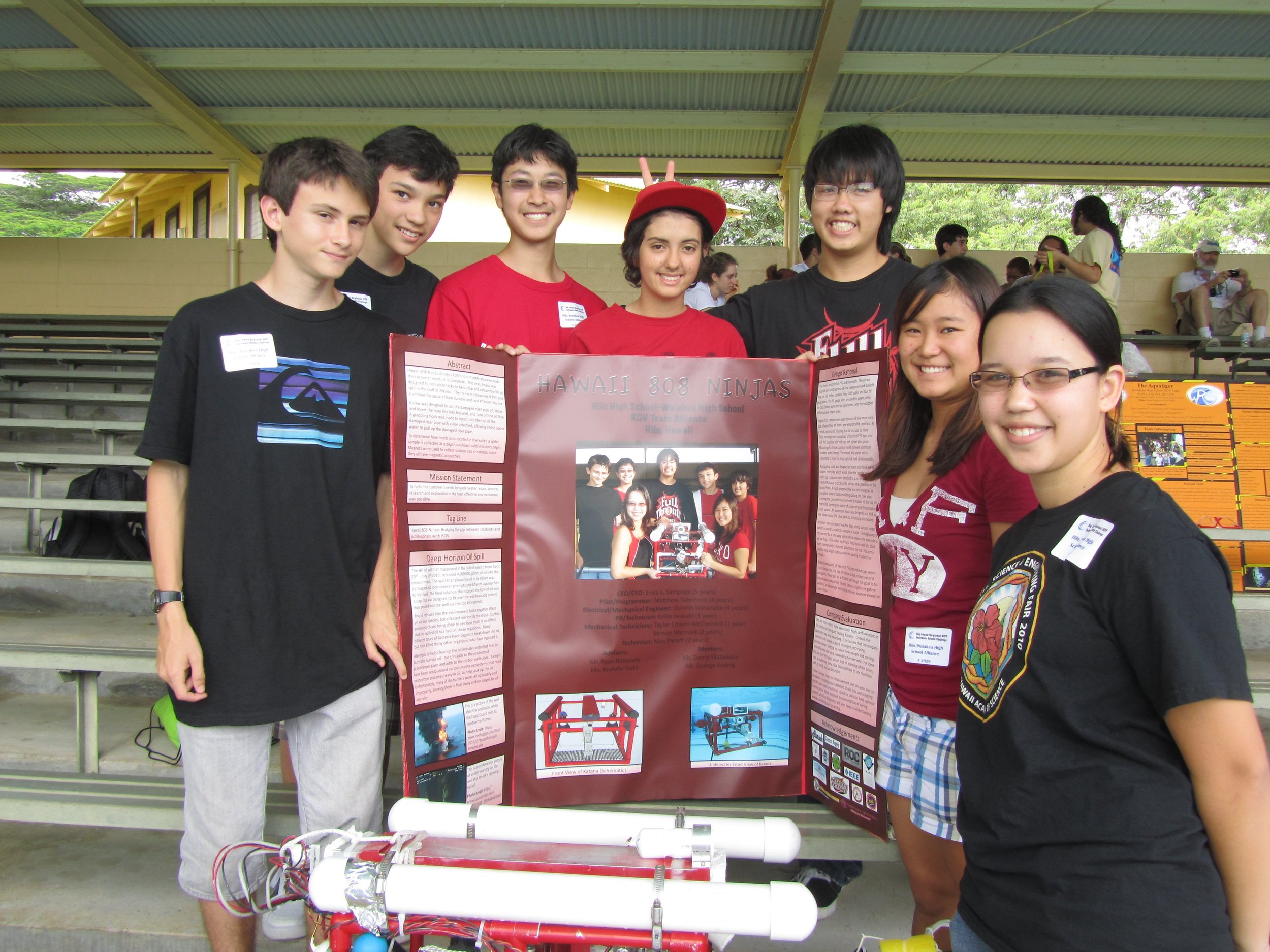
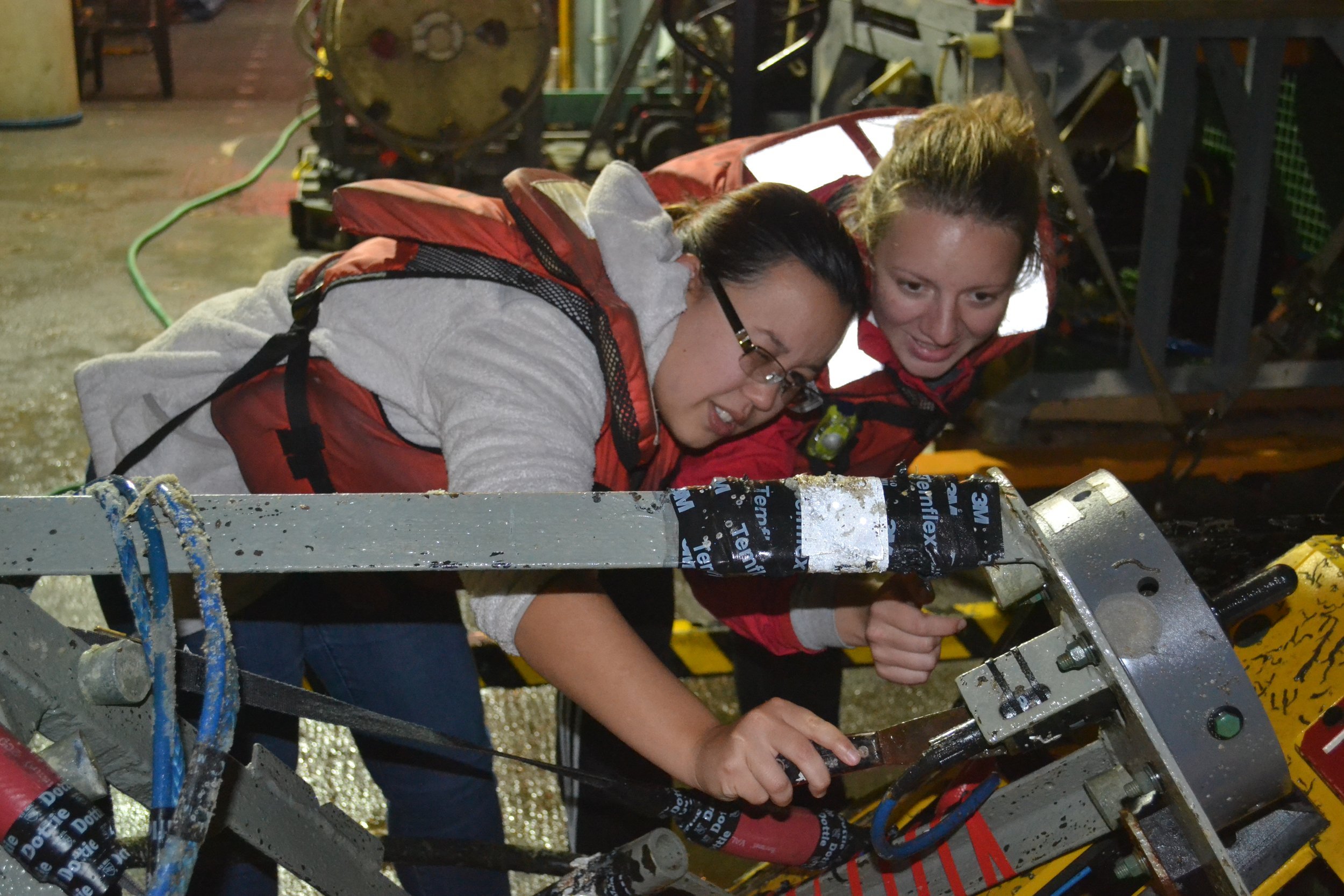
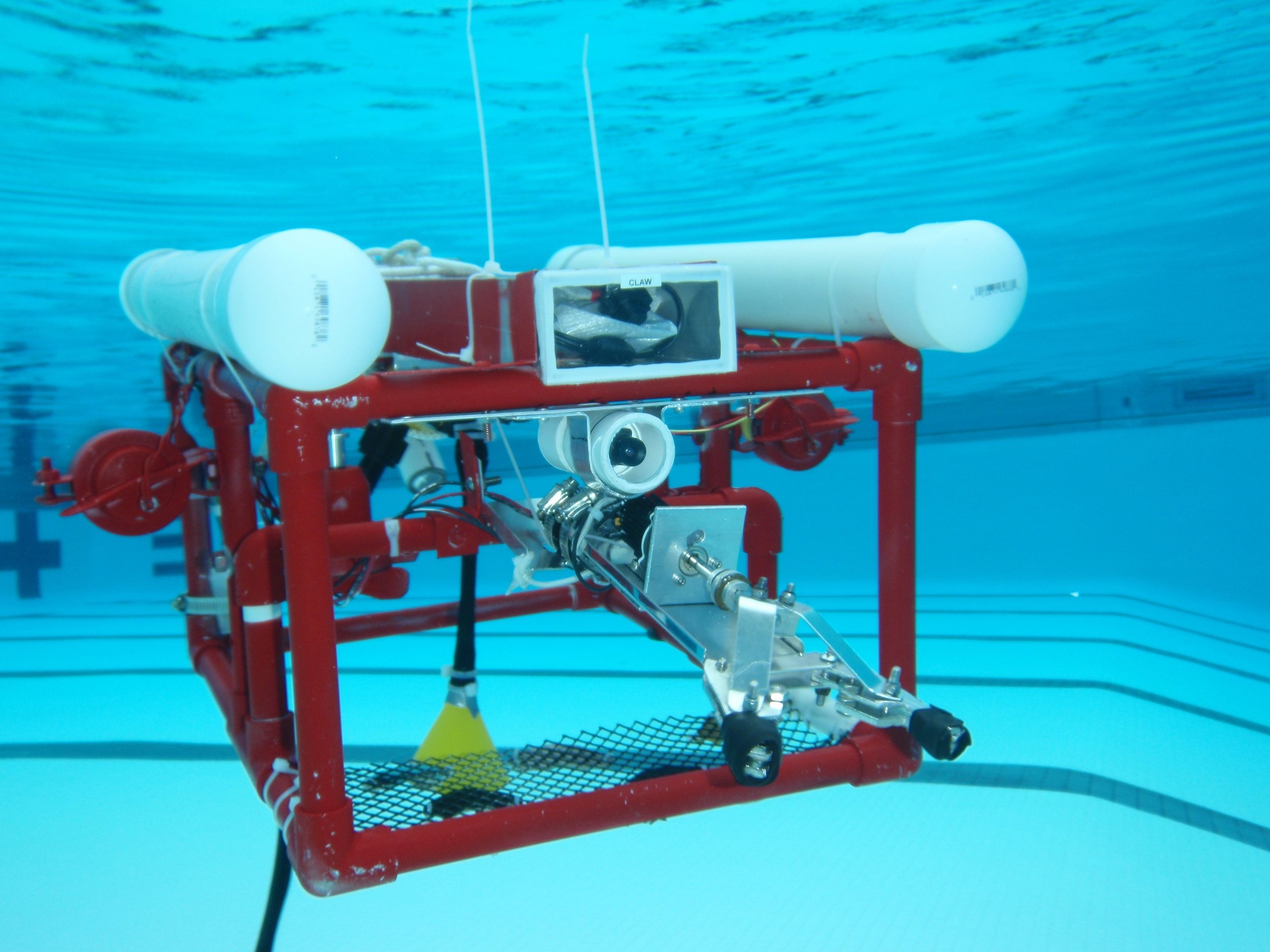
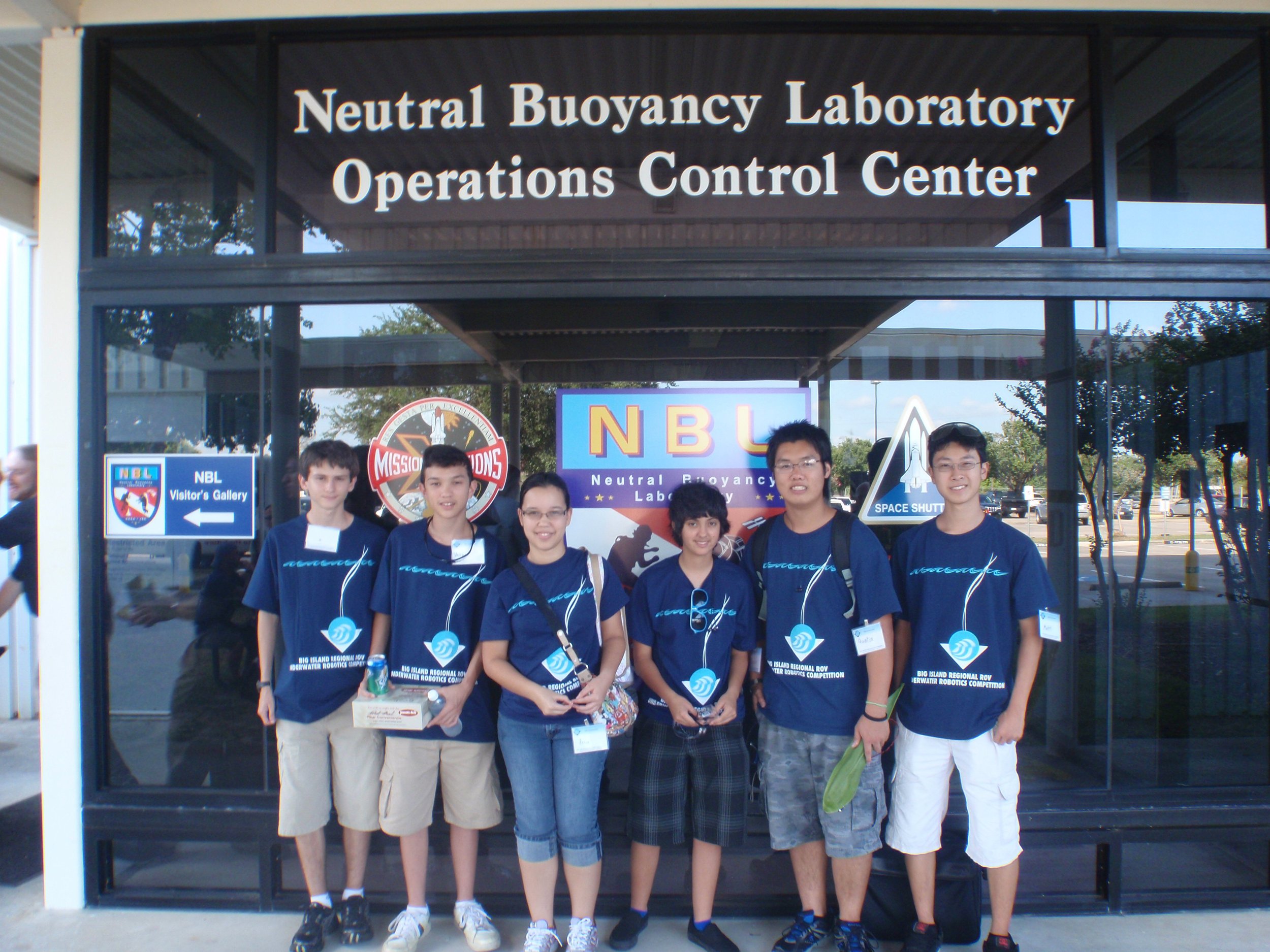
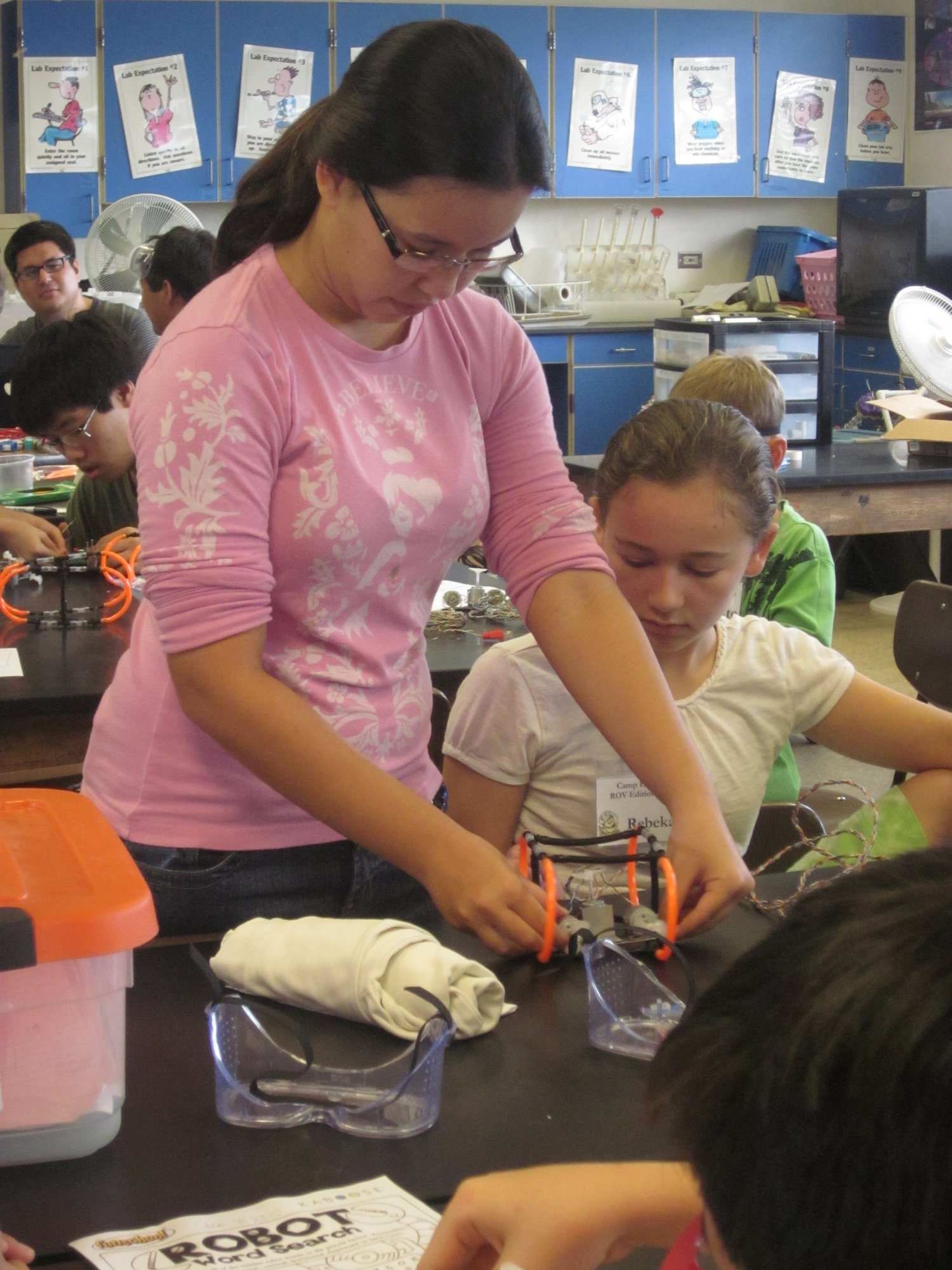
.jpeg?width=1152&name=UW+Senior+Thesis+Cruise+(2).jpeg)